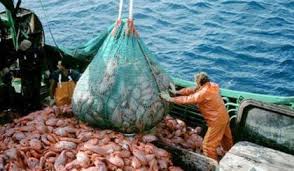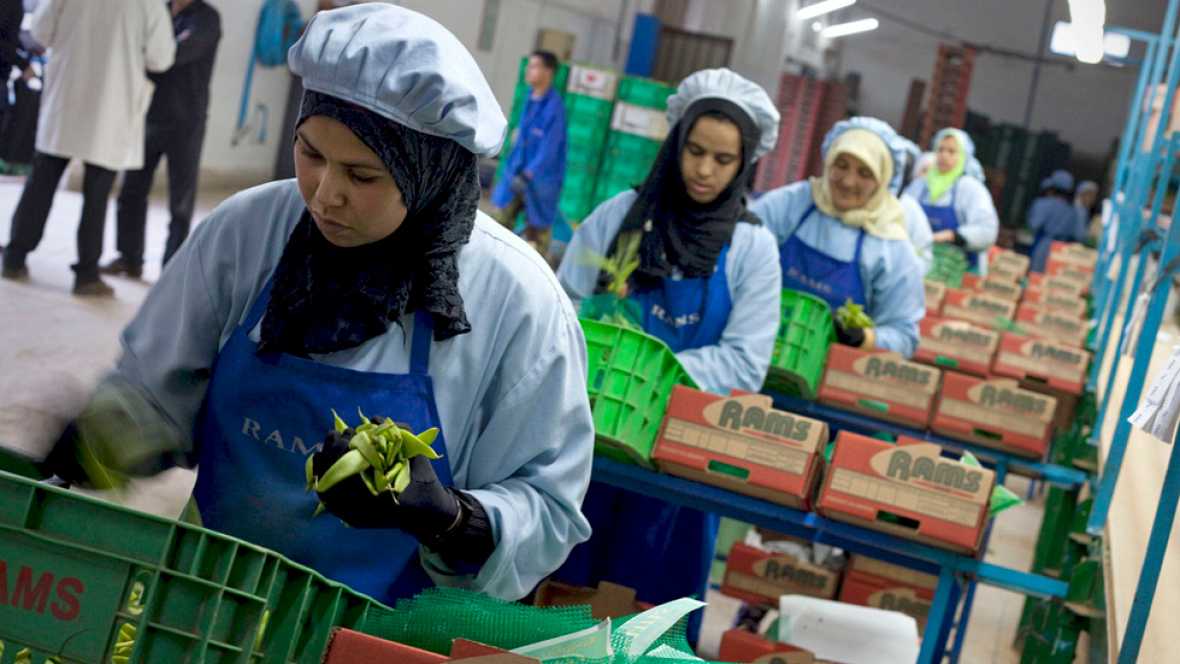 The Council of the European Union adopted Thursday (Nov.29) in Brussels the new fisheries agreement with Morocco, European sources said.
The Council of the European Union adopted Thursday (Nov.29) in Brussels the new fisheries agreement with Morocco, European sources said.
The council’s move comes just one day after the Committee of Permanent Representatives in the EU, known by its French acronym COREPER, approved the new fisheries agreement.
The agreement needs to be ratified by the relevant committees of the European Parliament before its final adoption in plenary session.
Vessels from 11 EU countries (Spain, Portugal, Italy, France, Germany, Lithuania, Latvia, The Netherlands, Ireland, Poland and United Kingdom) will resume their activities in Morocco’s waters as soon as the agreement is ratified.
European observers in Brussels noted that the adoption of the agreement by the EU Member States is a clear response to the maneuvers and attempts to disrupt the longstanding partnership with Morocco.
The adoption of the agreement also responds to those who were doubting the inclusion of the Moroccan Sahara in the agreement, as the text clearly specifies that the fishing zone extends from Cape Spartel in northern Morocco to Cape Blanc in the south of the Kingdom.
Under the new sustainable fisheries agreement signed in Rabat last July 24, the two sides agreed on the content of the deal, the areas it covers and its implementation protocol.
The text specifies explicitly the fishing zones and access conditions for European trawlers, according to the categories of fleets and target species, the Moroccan Ministry of Agriculture and Fisheries had said in a statement following the signing of the deal.
The level of compulsory landings and fishing categories remain unchanged compared to the former agreement, while the number of vessels concerned by the new agreement would reach 128, the statement said.
Under the former agreement that expired on July 14, the number of European trawlers authorized to operate in Moroccan water was set at 120.
The new agreement provides for an increase of 30 percent of the financial payment to Morocco, which will thus go up from €40 million a year to €52.2 million, the Ministry said.
The two sides also agreed on the implementation of improvement measures to increase benefits for the local populations in the concerned areas, the release pointed out, adding that these populations will benefit from the socio-economic advantages of the agreement, mainly in terms of infrastructure, basic social services, enterprise creation, vocational training, development projects and modernization of the fishing sector.
The number of boarding contracts for Moroccan sailors and fishermen aboard European fishing vessels will also increase. To bolster the socio-economic impacts on the fishing areas covered by the deal, the text provides for a compulsory landing volume, the same as in the previous agreement, but increases penalties from 5 percent to 15 percent in case of non-compliance with the landing requirements.
Besides, several technical conditions have been included in the new agreement in order to preserve the sustainability of fisheries resources and protect the marine environment, such as a review of catches of small pelagic in the south.
In order to preserve some species, octopus and shrimps are not included in the agreement.
The Mediterranean Sea is excluded from this perimeter in order to preserve its resources, which are overexploited.
Fisheries monitoring and control system was also strengthened by making the presence of observers compulsory for some categories that were not provided for in the former agreement, the Moroccan Ministry had said.


